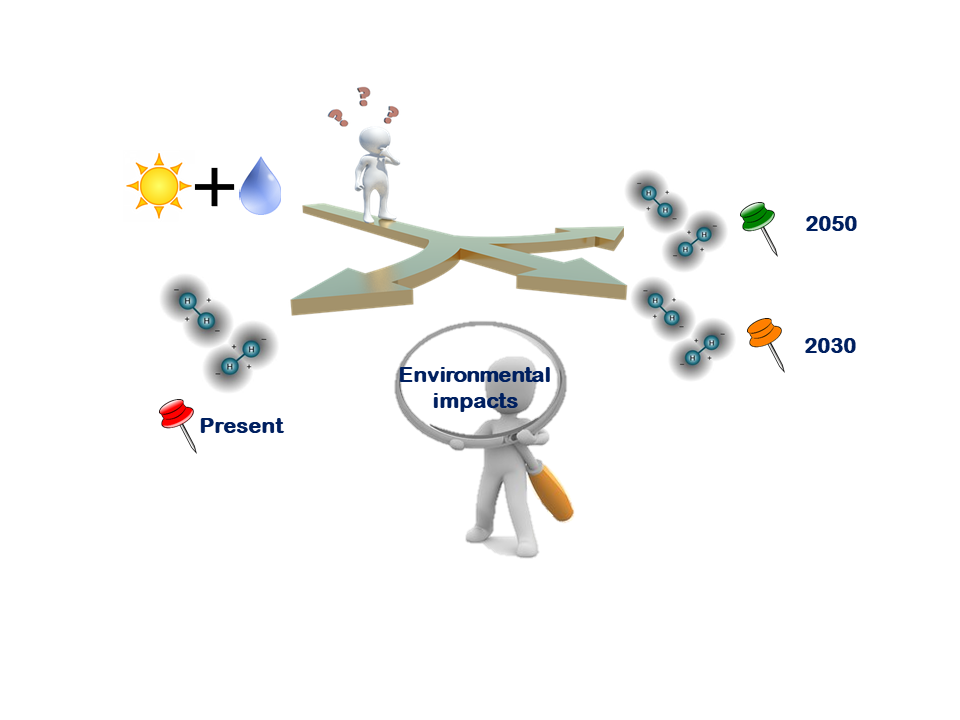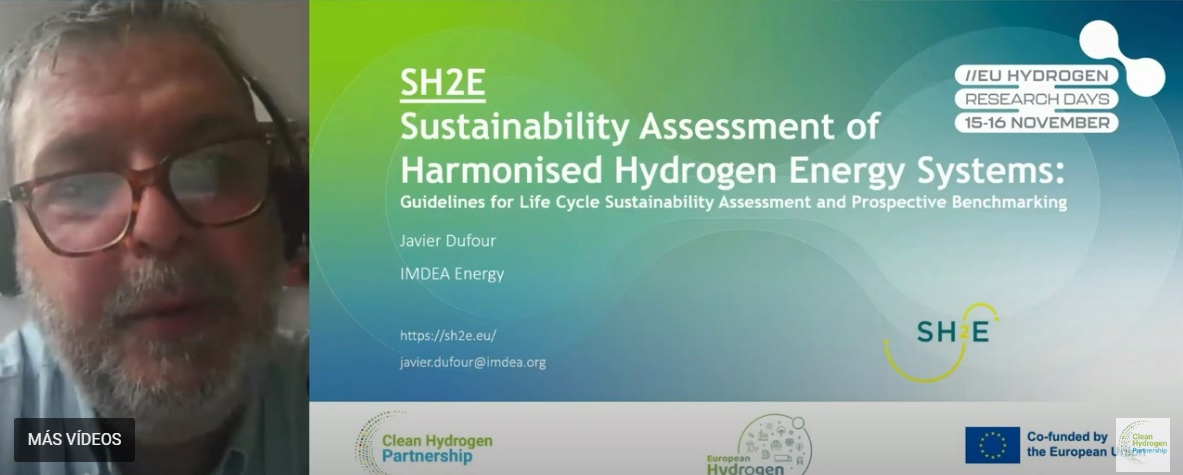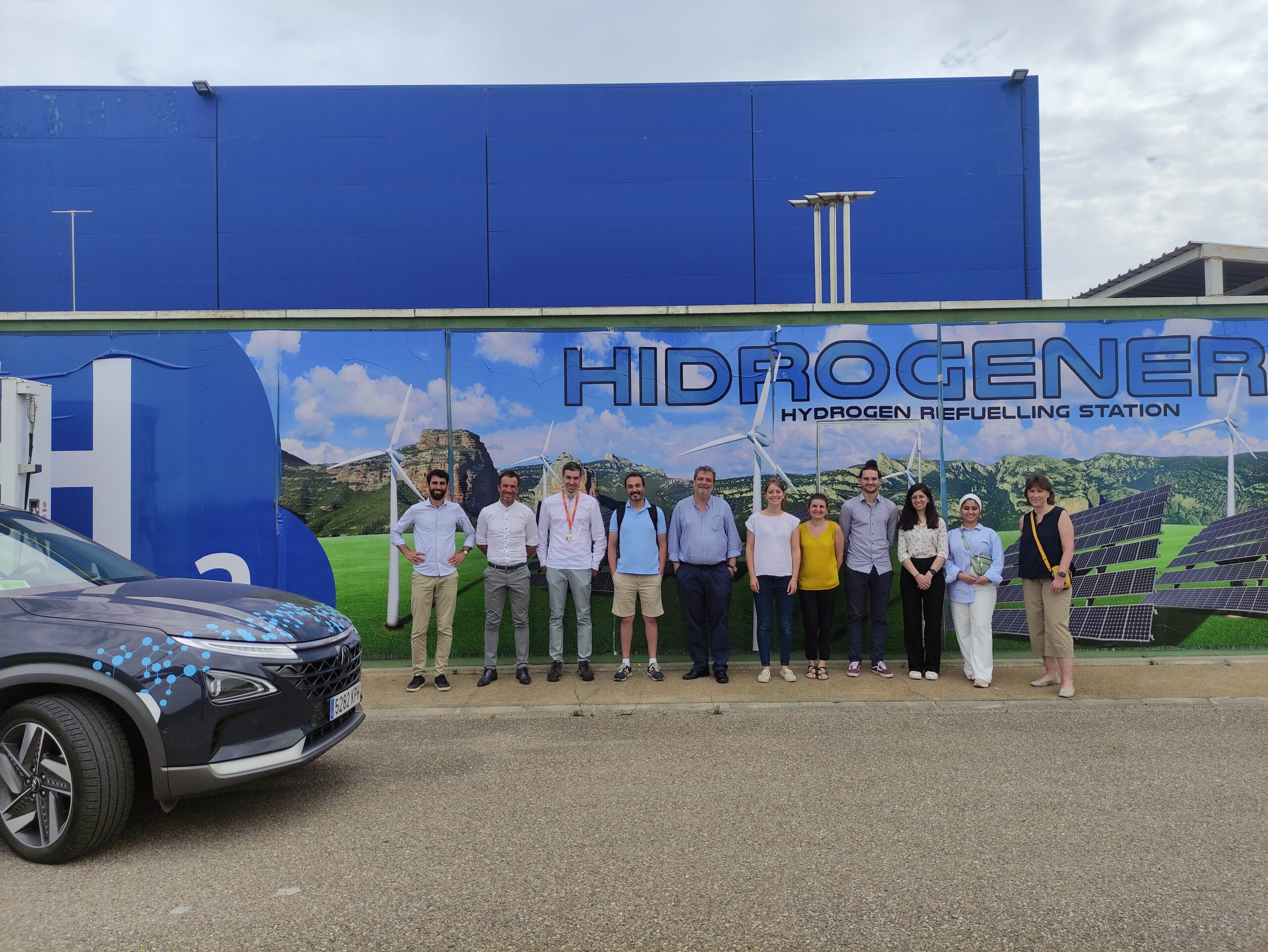
The SH2E project assesses the environmental impacts of hydrogen at a future time!
Renewable hydrogen is often regarded as one of the most promising decarbonisation solutions. However, most of the current hydrogen production plants still rely on fossil resources. Moreover, potential environmental impacts linked to resource extraction, material production, waste management, etc. should be taken into account. Hence, there is the need to assess the sustainability of hydrogen systems considering a life-cycle perspective; that is, addressing all the stages from resource extraction to end-of-life management. Furthermore, since a large number of hydrogen solutions are not yet well-established, the appropriate consideration of the actual year of implementation of these technologies becomes crucial.
In this context and within the framework of the SH2E project, IMDEA Energy performed a prospective life cycle assessment of hydrogen produced in a solid oxide electrolyser integrated into a concentrated solar power plant. The two technologies show interesting synergies because of the high temperature reached in the solar field, which can be fruitfully used for high-temperature electrolysis. Since the maturity of such a system is expected to be reached at a future time (2030), its potential environmental impacts should be evaluated following a prospective approach that models not only the context in which the products are manufactured and used (e.g., electricity mix), but also the technologies themselves in the future (considering their forecasted technological advancements). This novel approach helps decision-makers to appropriately understand environmental impacts before installing the system.
The results of this work show that hydrogen production through high-temperature electrolysis supplied by concentrated solar power is promising from a carbon-footprint perspective when compared to other options such as steam methane reforming and grid electrolysis. This work was presented in the 10th International Conference on Life Cycle Management (LCM) and in the 16th Hydrogen Power Theoretical & Engineering Solutions International Symposium (HYPOTHESIS XVI).






